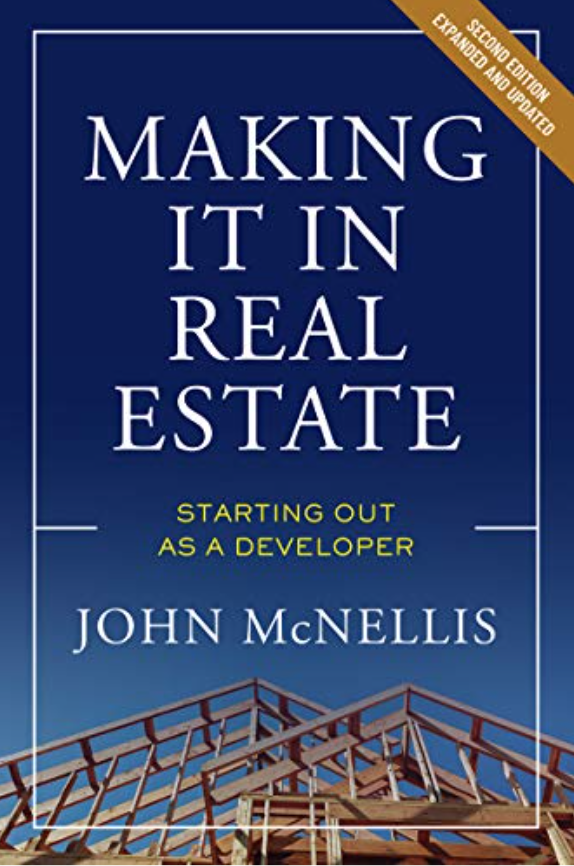It appears my invitation to address Stanford’s graduating class was rejected by my spam filter. It also blocked commencement speech invitations from an underwater welding school and Antelope Valley Community College. Happily, my filter—God’s gift to the internet—has left me free to publish my thoughts instead.
As with so many clichés, commencement speeches began fresh with Shakespeare, more specifically with Hamlet in Polonius’s advice to his son Laertes, advice that begins, “Give thy thoughts no tongue.” My beloved high school English teacher, Albert Guzman, thought Polonius’s advice incomparable—a true north for living a good life—and read it aloud annually to his classes, imploring one and all to take it to heart. A few years later, a noted Shakespeare scholar had a more nuanced view. Professor Hugh Richmond informed my university class that Shakespeare was not a genius for nothing and that, the apparent soundness of his advice aside, Polonius was often interpreted as a meddling windbag with his big scene usually played for laughs, his listeners—Laertes, Ophelia and Hamlet—according the old gentleman mock reverence. Read the passage and decide for yourself (Act 1 Scene 3). Whatever its other merits, truer words have yet to be uttered on friendship.
Warming to the idea of recycling the advice of others, I asked successful friends for the single suggestion they would give someone starting out. “Do what you love” was the runaway favorite. Fine advice indeed if you love being a brain surgeon or a civil engineer, but Hollywood is full of forty year-old baristas who still adore acting and are certain they are just one audition away from hitting it big. Perhaps what you love should be your avocation rather than your career. (This is especially true if your passion is for building model trains.)
A more useful suggestion might be: “Pick your job based on whether you like the people at the company.” Instead of trying to nail your lifelong career next month, go someplace where you will be treated with kindness and respect. After all, the chances of staying at your first job forever are almost nil and, more likely, you will switch careers at least once. Remember the aphorism: “It is the journey, not the destination.” And the trip is more fun if you like your traveling companions.
Another friend suggested asking yourself, “Where do I want to be in 20 years?” when making career decisions today. Adopting this long view may cause you to rethink your decision to take a year off to work as a lift-line operator for the sake of the skiing.
You should tattoo “Never be afraid to ask” on the back of your hand and consider “Always take the high road” a wonderful aspiration.
Easier for some of us, this one applies to all facets of your life: “Surround yourself with people who are better than you are.” A slight variation suggested was: “Work with people you wish to emulate.”
“The least convenient and least pleasant choice is usually the right thing to do.”
Turning to more palpable suggestions, my best one-word bit of advice is: Over-tip. You will benefit more than the delighted waiters, car washers and Uber drivers you encounter.
Courtesy of Kurt Vonnegut, the best two-word advice is: Wear sunscreen.
Sticking with the commonplace: “5 minutes early is 10 minutes late” may be OCDish, but it makes the point. Successful people do what they say they will do; they show up on time.
Call your mother every Sunday and visit her at least twice a year.
Floss.
Procrastination is where dreams go to die.
If you want a call-back, leave your phone number twice.
Never buy a time-share.
Wipe down the machines at the gym before you use them.
Treat everyone with respect. (If you wish to divine a person’s true character, observe how she treats those whom she considers socially or economically inferior.)
This one is hard: If you are going to indulge in charitable acts (you should), wean yourself of your need for gratitude. Gratitude is often in short supply and unless your acts of kindness are done for their own sake, you will be ever troubled.
This last advice came from a dear friend in a letter written years ago: “There is nothing to be gained by trying to be the perfect human being, the perfect father or the perfect husband or the perfect businessman. The good enough human being, the good enough father and the good enough husband are just that—good enough. Unless you are willing to join Mother Teresa, send your check and steer clear of great causes.” (Eloy Duran 29 March 1990.)


